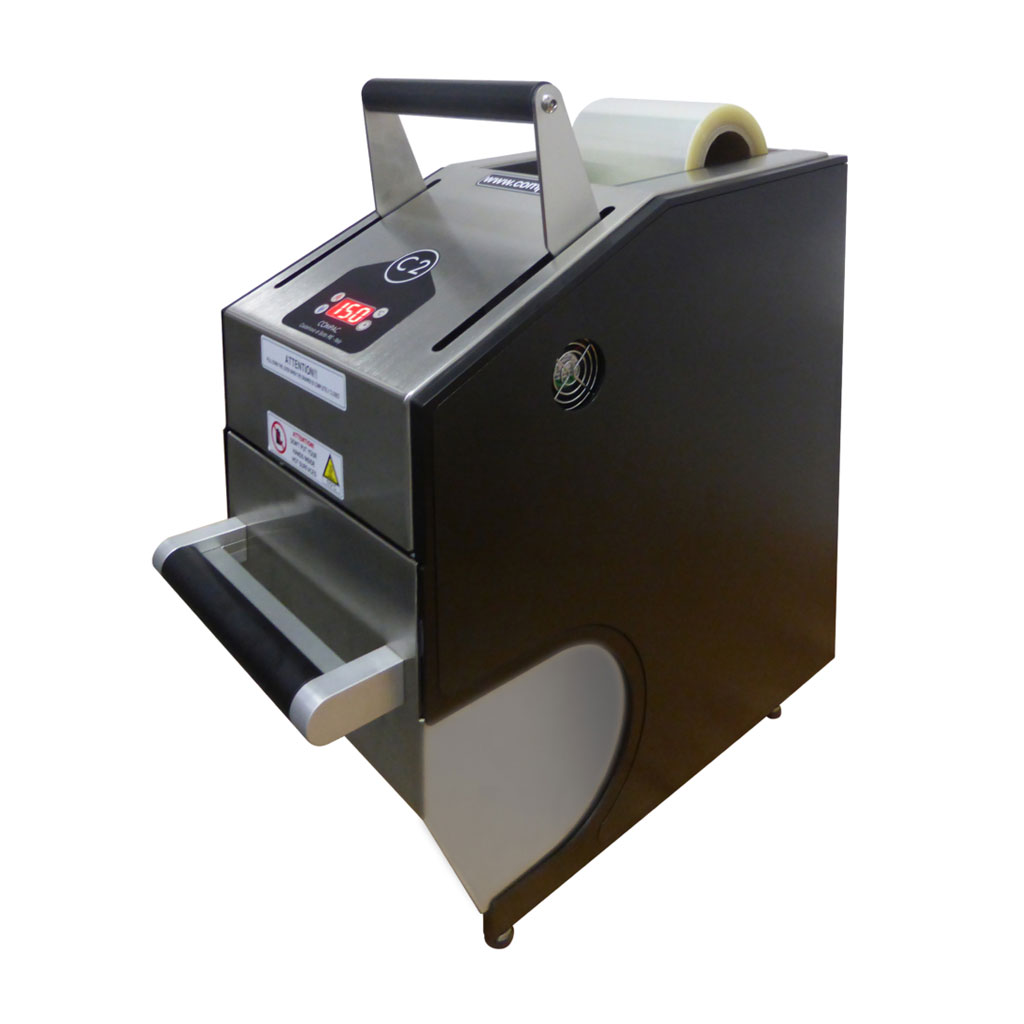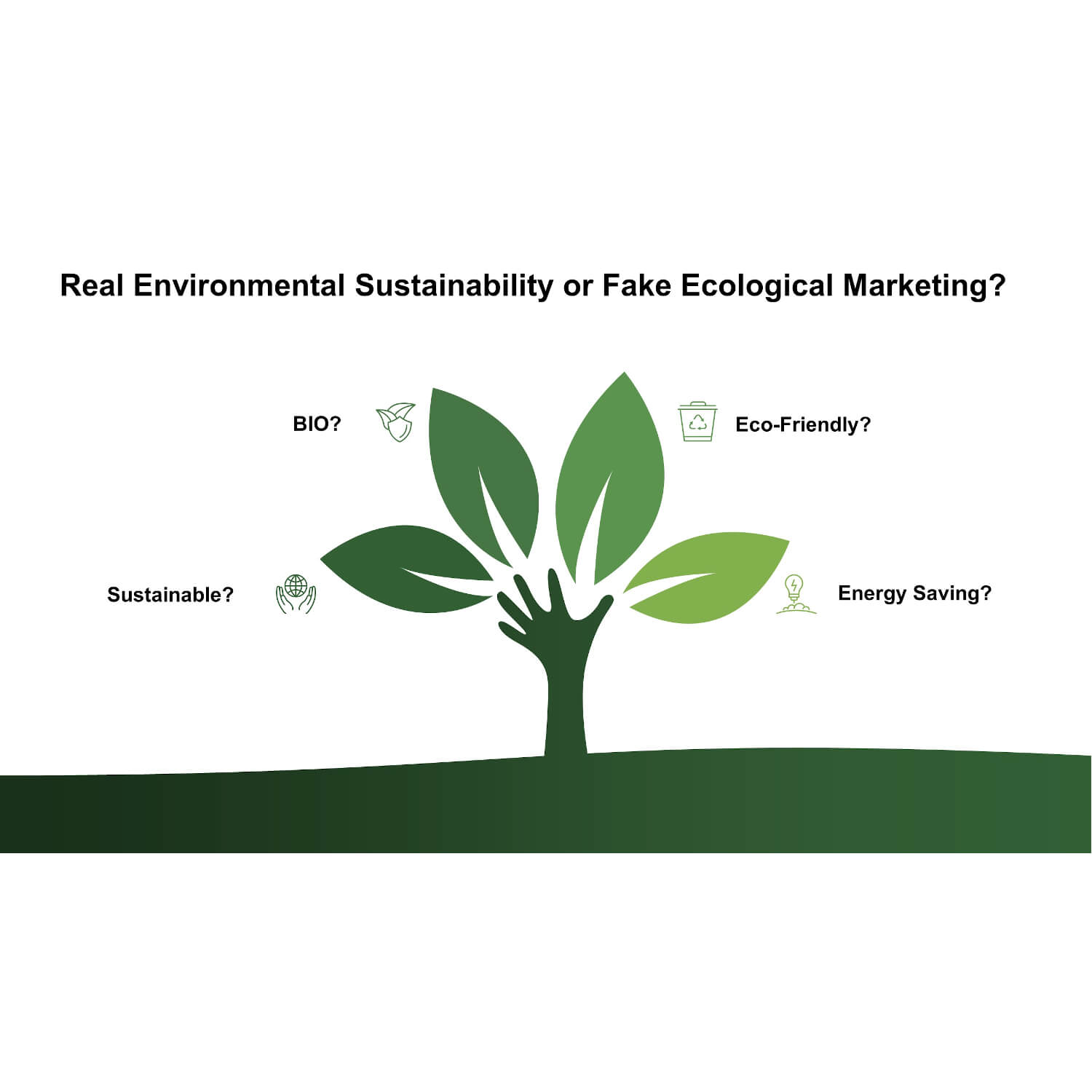Are "Bio","Eco-friendly","Sustainable" verified environmental claims or false ecological marketing?
How to verify the credibility of an environmental sustainability statement?
We note that in recent years communications on environmental issues by companies have increased, but not always in the correct way. Often many proclamations turn out to be just greenwashing advertisements.
Statements and certifications bearing phrases such as “made in a sustainable way”, “natural product”, “bio”, “eco-friendly”, have grown exponentially in recent years. It almost seems that all products are now “environmentally friendly” and do not have any negative impact.
This proliferation creates confusion in the market, and it becomes difficult to assess its credibility.
In this context, a first decisive step forward to understand what is credible was obtained with the adoption and publication in Italian of the international technical specification “Ethical statements of responsibility for sustainable development – Application guidelines to UNI ISO / TS 17033: 2020”. It introduces principles and requirements that a company must abide by creating ethical claims of responsibility for sustainable development to be credible, documented, accurate and transparent.
It is an important tool for developing and formulating ethical assertions, where the assertion itself is not already linked to an accredited third-party certification scheme.
Only these systems can guarantee reliability and transparency in the structured process of presenting verified and traceable objective claims for sustainable development against improper greenwashing practices.
What is Greenwashing?
The term greenwashing is the result of the combination of two anglo-aaxon words: green, meaning green as a symbol of ecology, and washing, which must be considered as the activity of hiding negative facts. Through this definition we want to indicate the tendency of many companies to use forms of misleading advertising by proclaiming alleged sustainable behavior of their production processes or products, without actually doing anything concrete with regard to environmental protection. The strategies and practices that are often adopted are very simple: use of trademarks with the suffix “eco”, use of green as the dominant color, and consequently messages of presentation of “eco-friendly” products.
How can we defend against greenwashing?
Recognizing and defending against the false messages of greenwashing is possible. There are various marking and labeling tools that emphasize the adherence of companies to environmental protection and energy saving regimes.
There is, for example, the ISO 14001 certification which specifies the maintenance and improvement requirements of an environmental management system. It involves a pro-active attitude towards environmental issues thanks to the realization of analyzes that allow to reach an in-depth knowledge not only of the direct environmental impacts of the organization but also of those associated with the upstream and downstream phases of its activity, in as partially under its own influence. Aspects such as the procurement of raw materials, design, production, transport, delivery, use, end-of-life treatment and final disposal of the product.
In addition, for many years, various environmental labels or eco-labels have been created aimed precisely at orienting the choice towards products that aim to minimize the environmental impact, for example, TÜV AUSTRIA OK COMPOST (biodegradable and compostable certification). This is why it is important to read the information on or related to the products to verify that terms such as “green”, “bio” or “eco-friendly” are really reflected.
Compac has chosen to promote its products by certifying them with accredited third parties
The “real” green marketing is what is born when a company decides to adopt a long-term vision in its economic and social activities, which takes into account the fact that natural resources are not infinite, and therefore their use is essential responsible.
This occurs by modifying not only the production processes, but also the product in relation to its entire life cycle, from the supply of raw materials to disposal or possible recycling, offering correct and certified information on the ecological quality of the products themselves.
Compac has always carried out its activities consciously and responsibly in full respect of the environment. It is unthinkable for us to talk about growth and development without thinking about the issue of environmental protection, which represents not only a variable to be taken into consideration in normal business management, but an important value in our way of doing business. Our task and our objectives are certified by accredited third parties to protect our customers.




